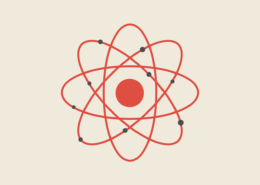Why Are Atoms Neutral And Ions Are Not?
An atom is the smallest unit of matter that forms a chemical element.
Each solid, liquid, gas, and plasma element consists of a neutral or ionized atom.
Atoms are extremely small, usually about 100 picometers in cross-section.
Why Are Atoms Neutral
Atoms consist of positively charged particles called protons and negatively charged particles called electrons, as well as uncharged particles called neutrons.
The charge from a proton or an electron has equal strength, so if an atom has an equal number of protons and electrons, it will be electrically neutral.
However, atoms are not always electrically neutral, in which case they are called ions.
An ion is an atom that has lost or gained electrons, resulting in a positive charge (from losing electrons) or a negative charge (from gaining electrons).
A neutral atom contains an equal number of positively charged particles,protons, massive nuclear particles that reside in the central nucleus of the atom, and negative particles,electrons fundamental negatively charged particles of insignificant mass, which are conceived to whistle about the nuclear nucleus.
The number of protons determines the identity of the atom, and this number ≡Z. as the atomic number; the electronic structure defines its chemical composition.
The atomic structure is completed by neutrons massive nuclear particles of zero charge. Short-range interactions between protons and neutrons at nuclear distances is sufficient to overcome the electrostatic repulsive forces.
Of course, ions can be formed in which the atom has an excess or deficit of electrons to give negative or positive ions.
CREDIT:
https://socratic.org/questions/why-are-atoms-considered-neutral



Leave an answer
You must login or register to add a new answer.